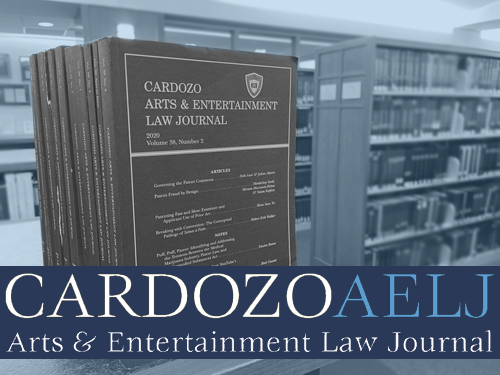Document Type
Article
Publication Date
9-15-2016
Graduation Year
2018
Abstract
Colin Kaepernick, back-up quarterback for the San Francisco 49ers, most likely knew that he would not face legal consequences when he decided to indefinitely sit (or kneel) during each pregame performance of the national anthem. Kaepernick also knew that it was a risk that could jeopardize the future of his career. The First Amendment prevents our government from punishing individuals based on their speech, but employers are not bound by this same restriction. When reporters asked Kaepernick if he would be cut from his team as a result of his decision, Kaepernick answered, “If I do, I know I did what’s right and I can live with that at the end of the day.” The NFL is notorious for blackballing athletes who carry “baggage”, so by refusing to stand during the Star Spangled Banner, Kaepernick is jeopardizing not only his current job, but his ability to play for any other NFL team. Whether you agree with him or not, Kaepernick’s action should remind us to be thankful for our freedom to do the “unpatriotic.”
This post was originally published on the Cardozo Arts & Entertainment Law Journal website on September 15, 2016. The original post can be accessed via the Archived Link button above.
Recommended Citation
Martin, Sam, "Colin Kaepernick is being Un-Patriotic and We Should be Thankful for it" (2016). Cardozo Arts & Entertainment Law Journal (AELJ) Blog. 121.
https://larc.cardozo.yu.edu/aelj-blog/121



